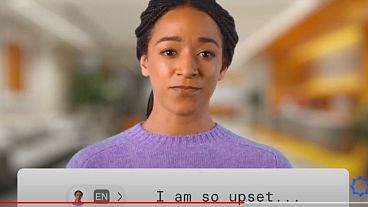LONDON -Sterling fell on Friday after a survey showed Britain's economic rebound slowing sharply in July when a spike in COVID-19 cases forced hundreds of thousands of workers to self-isolate under government rules.
Friday's monthly purchasing managers' index (PMI) data gave the first clear evidence of the scale of the impact.
The IHS Markit/CIPS flash composite PMI dropped to 57.7 in July from 62.2 in June. A reading above 50 indicates growth in the economy but the reading was the lowest since March and a sharper fall than most economists had forecast in a Reuters poll.
The pound weakened as much as 0.3% to $1.3720 before recovering somewhat to trade at $1.3751.
It initially dropped by a similar magnitude against the euro to 85.83 pence before rebounding to trade nearly flat on the day at 85.55, putting it in positive territory for the week.
The pound has proven relatively resilient this week to a broader selloff in many currencies -- it is unchanged against the dollar for the week -- on the back of concerns about the spread of the Delta variant of the coronavirus.
The UK government said on Thursday daily testing would be rolled out to allow staff in key sectors to keep working instead of having to self-isolate automatically after exposure to someone who had tested positive for COVID-19 -- a system that has caused huge disruption.
Official data on Friday showed British retail sales resuming their post-lockdown recovery in June after a surprise fall in May. Retail sales rose by 0.5% in June from May -- a Reuters poll of economists had pointed to a 0.4% month-on-month increase in retail sales volumes in June.
MUFG analyst Derek Halpenny said he remained positive on sterling but that appetite for short-term buying was limited as investors wait to see whether there has been a decisive break in the link between rising COVID-19 cases and hospitalisations thanks to Britain's rapid vaccine rollout.
"We remain GBP bullish over the medium-term but that view incorporates assumptions like COVID risks receding and the NI (Northern Ireland) protocol issue being resolved," he said, referring to the dispute between the United Kingdom and the EU over post-Brexit trading arrangements for Northern Ireland.
Sterling had been a standout performer in 2021 thanks to Britain's relatively fast vaccine rollout, which has accelerated the pace of reopening. But it has lost much of those gains in recent weeks.
At $1.37 it remains up just 0.7% for the year versus the dollar and off three-year highs above $1.42 touched in February.



